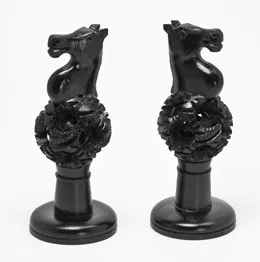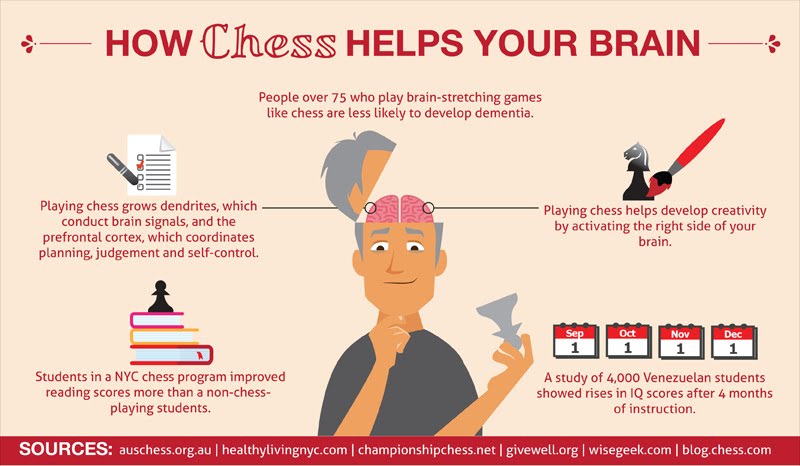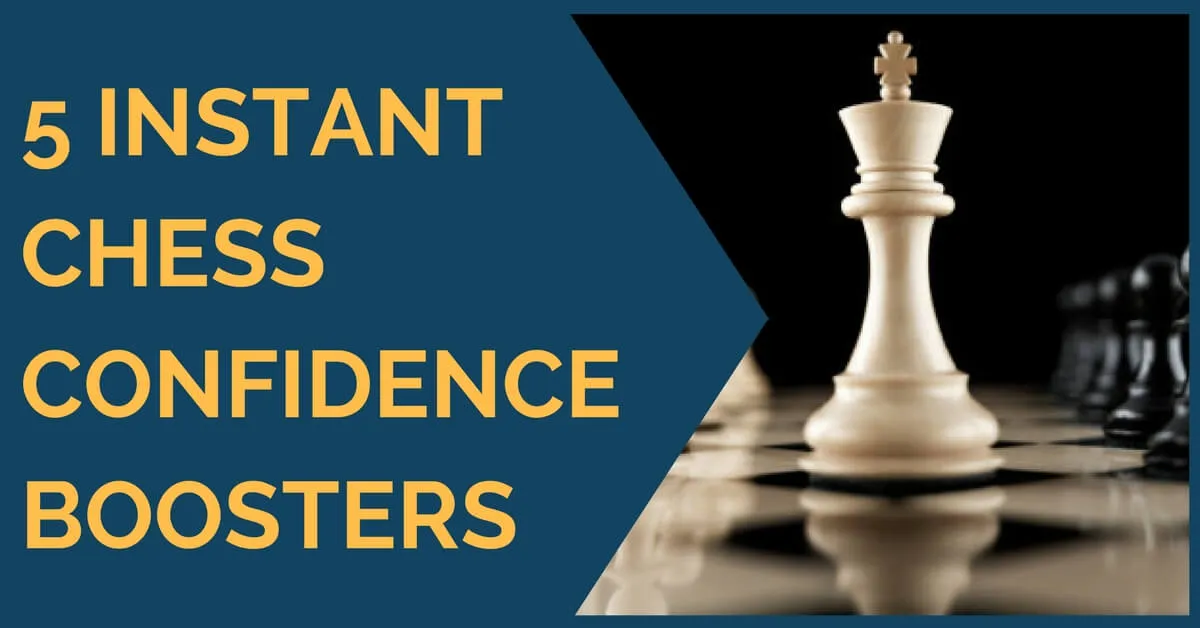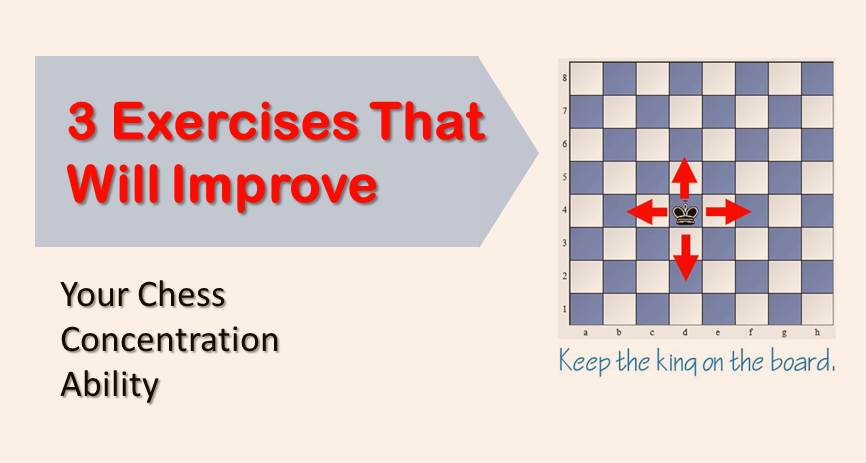Chess and the Aesthetic Experience

In his lecture “The Way of Art” Joseph Campbell reminds that James Joyce defined proper art as “static”—that is art which does not move you to desire, to loathe or to fear the object, but rather to be in awe of it. Campbell then goes on to St. Thomas Aquinas’ description of the aesthetic experience, which involves three phases: Integrity (wholeness, unity), Harmony, and Clarity (radiance, fascination).The King in chess is indeed a symbol of unity and wholeness and the other pieces are not separate entities but rather parts of “The One Thing”, as Campbell put it. Here a point can be made about the importance of boundaries. Campbell advises: “you’ve got to put a frame around you and become One Thing.”
Also, the idea can be emphasized that you only have one life—you do not have a separate personal life, professional life, social life, etc, but only one life and those other aspects are just parts of that life. We all have heard the absurd “requirement” at some jobs to “leave your personal life at the door”, or the well-intended but unrealistic advice to not take your work home.The second phase of the aesthetic experience is Harmony. Campbell explains this as how you arrange those different parts within the One Thing. He uses the phrase “the rhythm of beauty” and reminds us that “the rhythm is the instrument of art.” Campbell defines this as the relationship of “part to part, part to whole, and whole to each of its parts”. Harmony and balance in chess have to do with the same idea—developing and arranging the pieces on the board such that they are in a position to best serve the King. The balance here, however, is very fluid. The pieces are connected to each other and the King and they are in this dynamic rhythm amongst themselves and with the opponent’s pieces, wherein lies their purpose. Each move is an attempt to change that balance and to establish a new, more favorable balance and that is why in chess (and in life) we are most vulnerable when we are most aggressive—the aggressive move essentially causes us to lose balance.
The obvious question is how to move without losing our balance? How to maintain harmony in a dynamic, ever-changing world? Part of the answer lies in remembering that this One Thing has a purpose. Viktor Frankl conceptualized the harmony of mental health as a certain tension between what we are and what we want to become. He asserted that mental health does not require “a tensionless state” or the discharge of tension by all means and at any costs, but rather the dedication to “a worthwhile goal, a freely chosen task.” He visualized mental health as a polar field in which one pole is the individual and the other one is the meaning that is to be fulfilled by the individual. He saw the therapist’s job as creating that tension and reorienting the person to the meaning of their life. When you are fulfilling the meaning of your life, your steps are assertive, but when you are after power or pleasure, you become aggressive.
Clarity, the third phase in the aesthetic experience, is described by Campbell as “aesthetic arrest—ah ha. You are held.” It is the fruit of the whole endeavor. In chess it is the check-mate moment, but also any well-devised strategy that produces the desired result brings joy with its elegance (just like in any other sport). In life it is the moment when apparent chaos gives way to discerning a pattern, as Dr. Glenn Tanita puts it. It is a validating experience for your efforts and at the same time changes your paradigm of the world in favor of a more accurate one. Campbell simply says “it wipes out the ego.” In chess sometimes what wipes out the ego is not the check-mate you achieve but rather the check-mate you suffer. To put it half-jokingly, any check-mate helps if you are willing to appreciate it.
Roumen Bezergianov is a therapist in Phoenix, Arizona. This is an excerpt of his book “Character Education with Chess”, where he describes how chess can be used by parents and educators to teach values and skills to young people. “Character Education with Chess” is available on Amazon.com, Kindle Edition (you do not need a Kindle device to read Kindle books—“Kindle for PC” is available for free): Amazon










Comments: